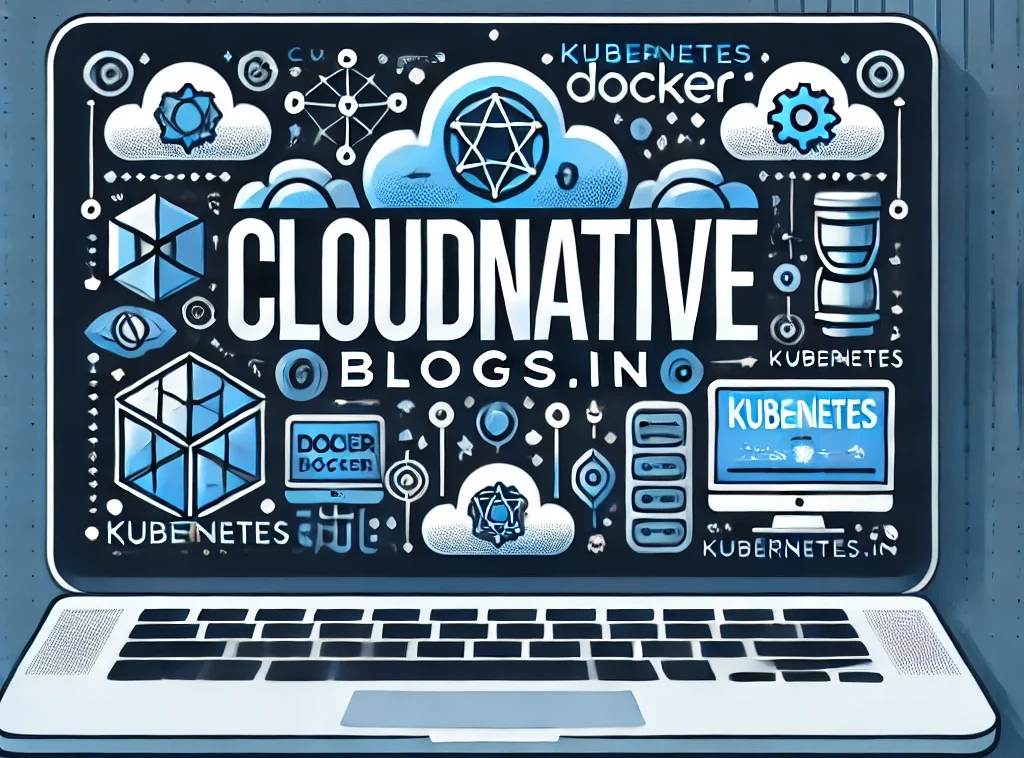Databases are crucial for efficient data management, offering functionalities for storage, retrieval, analysis, and security. Explore the major uses of database software across industries.
SQL vs. NoSQL: Key Differences, Use Cases, and Choosing the Right Database for Your Project
Discover the critical differences between SQL and NoSQL databases, including data models, scalability, and use cases, to make informed decisions for your projects.
Why Choose a Relational Database Over NoSQL? A Detailed Analysis
Despite the scalability of NoSQL databases, relational databases offer unmatched data integrity, complex query capabilities, and robust security, making them essential for industries where precision and reliability are critical.
This article explores the differences between SQL and NoSQL databases, their respective strengths, and how they can be effectively used together in projects to optimize performance, scalability, and data management.
This article explores AWS DynamoDB, a high-performance database for modern applications. It explains DynamoDB’s NoSQL approach, highlighting its key-value structure, scalability, and serverless nature. Overall, it describes how DynamoDB benefits developers building fast and adaptable applications.
NoSQL for Startups: A compelling choice for agile development and scalable data storage
This article explores the key advantages of NoSQL databases, specifically MongoDB, for startups compared to relational databases. We’ll delve into the benefits of flexibility, scalability, and development agility that NoSQL solutions provide, making them a perfect fit for the dynamic nature of startups.
A Comprehensive Comparative Analysis of Relational and Non-Relational Databases: Unraveling the Key Differences and Use Cases
This comprehensive article provides a detailed exploration of the comparative analysis between relational and non-relational databases, addressing key differences, use cases, and considerations for decision-making.
